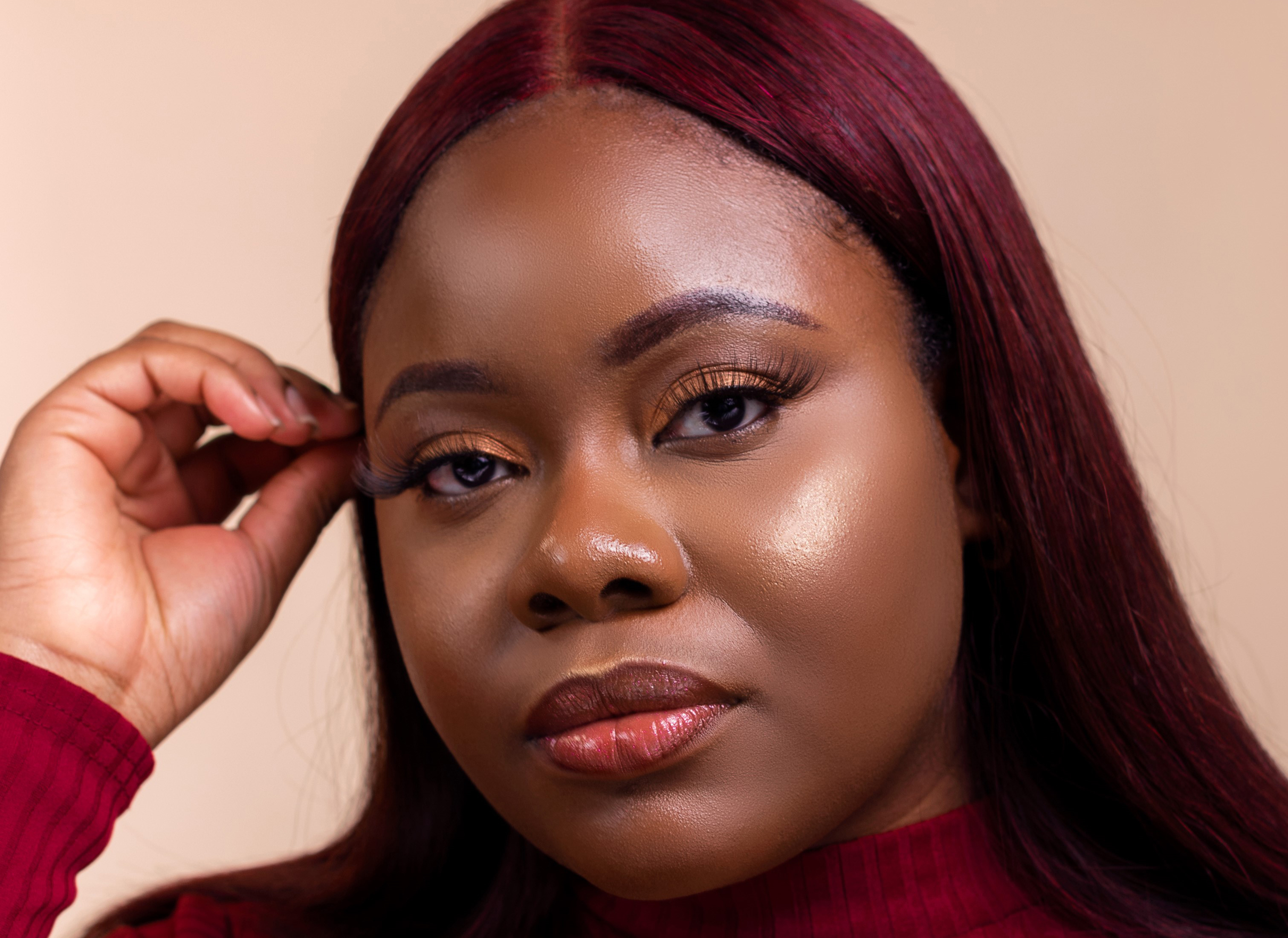
We spoke to Abayomi Olusunle, one of our newest trustees, about International Women’s Day.
Could you tell us a bit about yourself and your background?
I have a background in digital communications spanning over six years and I hold an MSc in Psychology from Nottingham Trent University. I’m also the founder of The Yommie, a thriving online community focused on empowering individuals to build authentic lives they are active participants in.
In the past, my professional communications and marketing expertise has led me to work with various brands, stakeholders, outreach schemes and community organisations. These include the WEF Global Shapers, University of Warwick, Nottingham Trent University and Black Minds Matter UK, to mention a few. I am also a mental health advocate who is passionate about creating education and access for minority ethnic communities.
What inspired you to become a trustee?
Becoming a Trustee for Terrence Higgins Trust was a no-brainer for me. As a young, Black woman who has done a lot of mental health advocacy, I have an experiential understanding of how detrimental and pervasive stigma can be. My background in psychology highlights the intersection between poor mental health and HIV stigma. I understand the need for representation across the board and I know that true change comes from active participation.
Terrence Higgins Trust is an organisation whose work will empower individuals for centuries to come. I want to be an instrumental part of the organisation’s journey towards ending HIV transmission in the United Kingdom by 2030.
Women make up a third of people living with HIV in the UK, yet they often feel invisible in the national conversation about HIV.
How can we be better allies to women living with HIV?
Before responding to this question, I must applaud how much work Terrence Higgins Trust is currently doing towards inclusion of various communities.
To be better allies to women living with HIV, it is very crucial for us to be intersectional in our approach, understanding the aspects of a woman's life which gives them privilege and those which make them vulnerable to oppression. It is crucial for us not to treat HIV with a blanket approach but to interrogate the intersectional issues that could potentially affect women's access to care which could but are not limited to past trauma, poverty, disability, racism, sexism and culture.
Representation is also vital. It is difficult, if not impossible to be able to effectively cater to the needs of a particular demographic without having them actively communicating their experiences by themselves. Women living with HIV possess the lived experience and in turn fundamental expertise on living with HIV. They should be given a front row seat to have a say in decisions that impact their lives. Through this, we are respecting the autonomy of women living with HIV and enabling them to be active participants in their future.
Although HIV affects all women, it is not news that certain women are more disproportionately impacted than others. At the forefront of decision making and solution mapping, women who are the most vulnerable and affected by racism, classism, disability, homophobia, misogyny and varying forms of oppression understand the dynamics of their experiences. They can therefore speak more to solutions than people who are not significantly impacted.
What does International Women’s Day mean to you and why is it important?
International Women’s Day is a day which centres women. Throughout history, women have been relegated to the background, oppressed and exposed to varying forms of patriarchy and misogyny. So, it's refreshing to have a day just for us.
To me, it is a day that spotlights an important step which serves to keep the conversation going towards civil rights, gender equality and anti-discrimination against women. More than this, it upholds the achievements of women, identifies challenges and spark attention towards women's rights and gender disparities.
Women are making significant strides globally – we have Kamala Harris, Rihanna, Michelle Obama, Beyoncé, Malala Yousafzai to mention a few. But what about the women who are not the Oprahs and Michelle Obamas of the world?
There is still so much to be done, so many more conversations that need to be had, a lot of structural change that needs to happen. Over half of women living with HIV in the UK have experienced violence because of their HIV status, and almost half (45%) of women living with HIV in the UK live below the poverty line.
But, this is why International Women’s Day is important to me, because this day gives women a platform and a voice. Mindsets are challenged, and change is sparked. The World Economic Forum suggests that most of us will not see equality in our lifetimes and neither will our children, maybe not for a century. We have a lot of work to do that future generations will thank us for.
What does this year’s theme ‘break the bias’ mean to you?
To me, breaking the bias means shattering glass ceilings and gender disparities. It calls for a global and intersectional participation towards accountability and speaking against gender bias in our communities. It involves breaking the bias – both big and small in our communities, workplaces, schools and religious groups. An intentional commitment on the individual and societal level to advocating for women.


